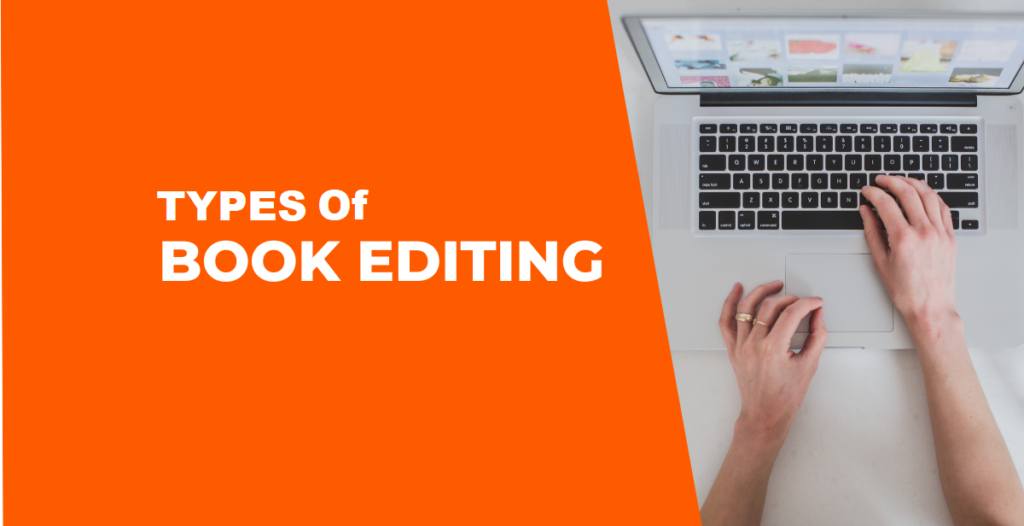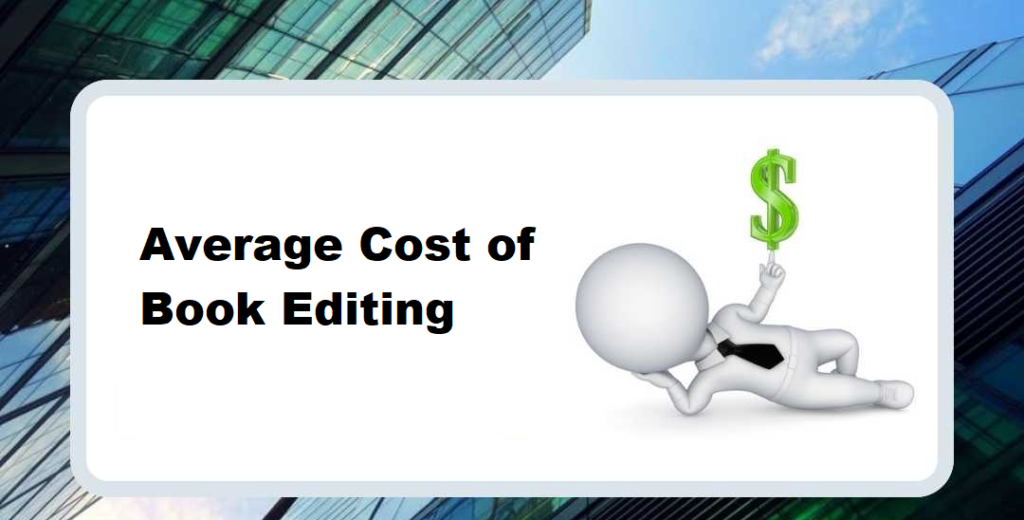
How Much Does a Book Editor Cost?
So, you’ve written a book. Congratulations! Now comes the part that every writer either dreads or eagerly anticipates: editing. It’s the polish that turns rough drafts into masterpieces. But how much does it actually cost to get your book professionally edited?
There’s no one-size-fits-all answer, but don’t worry, we’re diving deep into every aspect of editing costs so you can plan your budget wisely.
At The US Writers, we are dedicated to delivering high-quality ebook publishing and content writing services. We help writers like you navigate the editing process to ensure your manuscript reaches its full potential.
Types of Book Editing

Before you even think about price, you need to understand what kind of editing your book requires. The type of editing will greatly influence the cost. Here’s a breakdown of the main types:
Developmental Editing
This is the big-picture editing. A developmental editor looks at your story’s structure, plot holes, pacing, character arcs, and overall organization. Think of it as story surgery, deep and transformative.
This stage helps ensure your book has a strong foundation before diving into finer details. Since it takes the most time and energy, developmental editing is often the most expensive.
Line Editing
Here’s where an editor refines your style, tone, and flow. Line editing isn’t about changing your plot; it’s about tweaking sentences for clarity and ensuring smooth readability. This step helps make your writing more polished without altering your voice.
Copy Editing
Now, it’s time for the nitty-gritty details, grammar, punctuation, spelling, and syntax. Copy editing ensures that your manuscript is technically clean and consistent, helping eliminate distracting errors that could pull readers out of the story. This is a crucial step to maintain professionalism and readability.
Proofreading
Proofreading is the final polish. After all other editing stages are complete, a proofreader checks for typos and minor errors before your manuscript is ready for publication. While this is typically the least expensive editing type, it is still essential to ensure a flawless final version.
Factors That Affect Book Editing Costs

Wondering why editor A charges $300 while editor B asks for $3000? Here are the reasons why editing costs can vary:
Type of Editing Required
Developmental editing takes more time and effort compared to proofreading, so naturally, it costs more. The depth of editing required directly affects the price.
Word Count and Manuscript Length
The longer your book, the more editing it needs, and therefore, the higher the price. Editors often charge based on the length of the manuscript, either by word or page.
Editor’s Experience and Reputation
Experienced editors, especially those with best-selling clients, will charge a premium for their expertise. A veteran editor brings years of experience, while a novice editor may offer a more affordable rate.
Genre of the Book
Genres like sci-fi, fantasy, or technical nonfiction often require specialized knowledge, which can increase the editing rate. Editors who are familiar with genre conventions can provide deeper insights, but they may charge higher rates.
Turnaround Time or Deadline
If you need your manuscript edited in 5 days instead of 3 weeks, expect to pay a rush fee for faster turnaround.
Additional Services Offered
Some editors offer additional services like fact-checking, style guides, or formatting. These added services can provide great value but come at an extra cost.
Average Cost of Book Editing

Now let’s dive into numbers. Here’s what you might expect to pay for each type of editing:
Per Word Rates
- Developmental editing: $0.07–$0.12 per word
- Line editing: $0.05–$0.08 per word
- Copy editing: $0.03–$0.05 per word
- Proofreading: $0.01–$0.03 per word
Per Page Rates
(Assuming 250 words per page)
- Developmental editing: $17–$30 per page
- Line editing: $12–$20 per page
- Copy editing: $8–$12 per page
- Proofreading: $3–$7 per page
Flat Fee Rates
For full manuscripts:
- Short books (under 50K words): $800–$2500
- Medium books (50K–80K words): $1500–$4000
- Long books (80K+ words): $3000–$7000+
Hourly Rates
- Junior editors: $25–$40/hour
- Experienced editors: $50–$100/hour
- Elite editors: $100–$200/hour
Freelance Editor vs Editing Company

Cost Comparison
Freelancers are often more affordable upfront, while editing companies may have slightly higher rates due to their structured processes, dedicated teams, and multi-stage quality checks. Both options come with their own strengths depending on what the client needs.
Pros and Cons
Freelancer Pros:
- Personalized one-on-one service
- Potentially lower cost
- Flexible scheduling
Freelancer Cons:
- Limited availability
- Quality and consistency can vary
Editing Company Pros:
- Professional systems and workflow
- Team-based editing for higher accuracy
- Multiple levels of service and quality assurance
Conclusion
Finding a reliable editor doesn’t have to be difficult. Instead of searching across multiple platforms, you can get professional, experienced, and affordable editing services directly at The US Writers.
Our team offers budget-friendly editing and proofreading with quality, consistency, and quick turnaround, all in one place, without the hassle of comparing freelancers or sifting through different marketplaces.
FAQs
1.How much should I pay a book editor?
It depends on the editing type. Expect anywhere from $0.01–$0.12 per word.
2.What if I can’t afford professional editing?
The US Writers offers affordable editing options and flexible packages, so you can still get professional support without overspending.
3.Should I pay hourly or per word?
Per word or flat fees are more predictable. Hourly works best when you trust the editor and know how much time they’ll take.
4.Do I need all four types of editing?
Not always. It depends on your book’s condition. Many authors combine stages to cut costs.
5.Is self-editing ever a good idea?
Absolutely, but only as the first step. Even the best self-editors benefit from a pro’s perspective.
